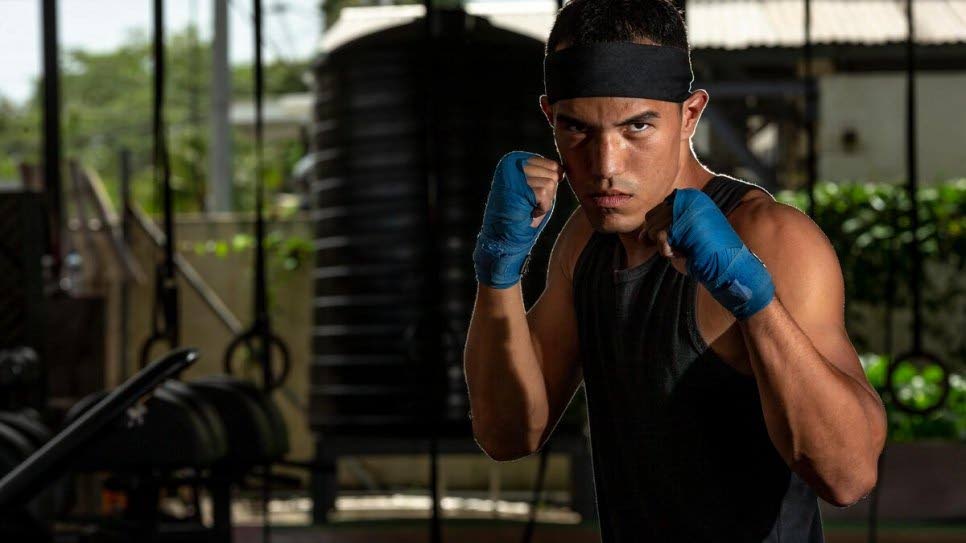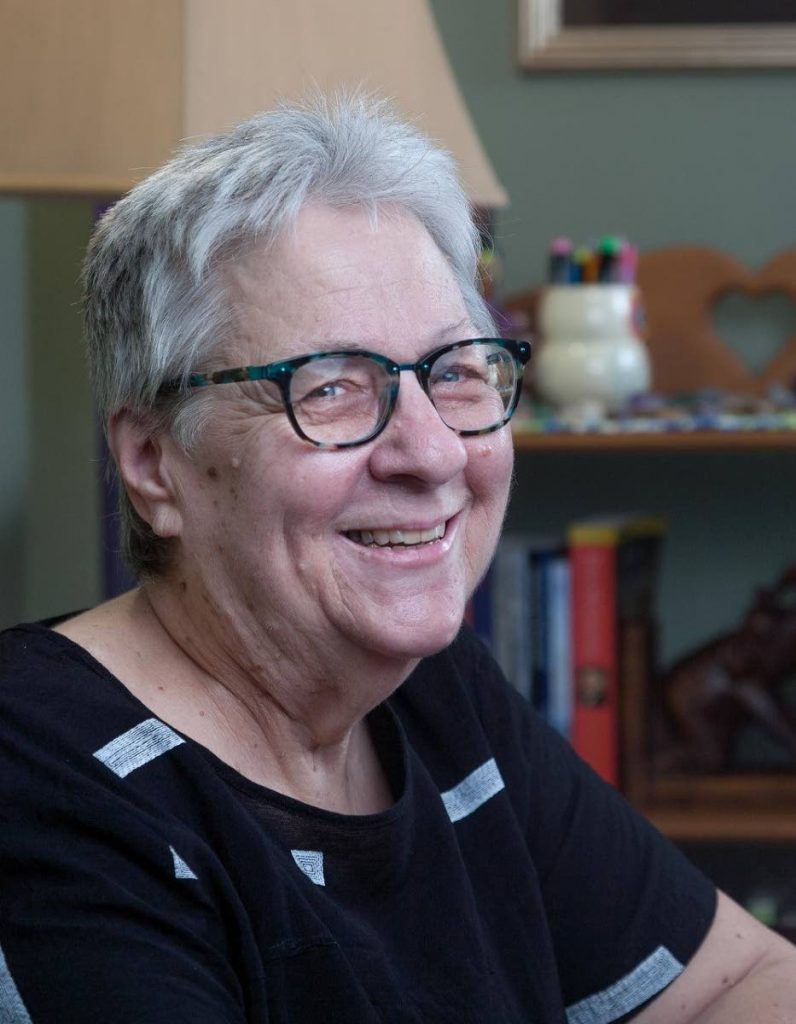Sr Sella, the boxer with no country

WITH the Olympics in full swing, some athletes’ stories rise above all the rest.
For me, the stories that touched me the most, so far, in the Tokyo Olympics are those of Venezuelan boxer Eldric Sella Rodriguez and Hmong gymnast Suni Lee.
Thoroughly pummelled by his opponent from the Dominican Republic, Sella’s Olympic dream lasted a mere 67 seconds; Lee won an individual gold medal in gymnastics for the US.
By the end of his Olympic bid, 24-year-old Sella became a man without a country. Newspaper reports said he would not be able to return to TT, where he had lived since fleeing Venezuela in 2018.
Lee, the daughter of Hmong refugees from Laos who settled in the US after the Vietnamese war, will return to her adopted home in triumph and a hero.
Refugee and immigrant stories always move me because my mom and maternal grandparents fled Romania and lived as displaced immigrants in Nazi Germany during World War II. I see their stories in the immigrant stories that emerge all over the world today – even in these Olympics.
I know how immigrants spend their entire lives living in gratitude and hoping to feel accepted by their adopted country. I know it is never easy to leave behind the country in which you were born – especially when you know you can never return.
I think of my grandfather Stefan Gotz, who woke up one morning after World War I to find the city where he had been born in Austria Hungary had been given in a treaty to Romania, a place where he never would feel he belonged. Eventually, he fled to a small town outside of Hanover, Germany to work on the German railroads.
My grandmother Josephine and my mom, only 13 at the time, tried to escape Romania by pretending they were crossing the border to go to a wedding in Hungary. My grandmother was arrested and sent to prison. They tried again and eventually escaped after hiding underneath hay in a horse-drawn wagon.
Romanian soldiers poked the hay with their bayonets, but didn’t find them.
For weeks they walked across the Carpathian mountains. My mom settled into German schools; my grandmother worked in an underground munitions factory.
In the waning days of World War II, the Americans bombed their village, and they lost their home. They ended up in the US because my grandmother had been born in St Louis, Missouri when my great grandmother visited relatives there so she was a US citizen.
My mom and grandparents knew that freedom is a big dream that can never be achieved for many people in this world. This is every immigrants’ story.
While he lived in Trinidad, Sella worked with local coaches and sought permission to pursue his Olympic dream, knowing, most likely, that he wouldn’t be able to return to TT. But some dreams are too big to give up.
“There was not a day when I didn't think of going to the Olympics, when I didn't think about boxing,” Sella said in a recent Newsday interview.
“When I was mixing concrete, I was thinking how that would help me in my boxing career. When I was cutting grass, I was thinking how that will help me in my boxing career. When I was painting a house, or whatever I was doing, I always had in my mind what I wanted to do,” he said.
His story made me think of my grandmother sitting next to my grandpa’s short wave radio and saying, “I always dreamed of being a singer and a dancer.” She pointed to the radio and said, “This is as close as I ever got to my dream.”

In the US, she stood on concrete floors all day working at Hartman Electric, came home from work to tend to her garden, cooked supper every night for my grandfather and tended our garden on weekends. She planted many trees.
I imagine she marvelled at finally living in a place where she could see them grow.
My mom studied to be a pharmacist in Germany. In the US, she worked in a knitting factory and cleaned houses for $2, a sandwich and a glass of milk. She married my dad and eventually went into real estate. She never forgot her dream to be a pharmacist.
I wonder where Sella will end up, and I think about how much Suni Lee’s medal means to her Hmong, refugee community. I think about the dreams of immigrants and refugees settling here in TT. I think about how we should never take freedom for granted.


Comments
"Sr Sella, the boxer with no country"